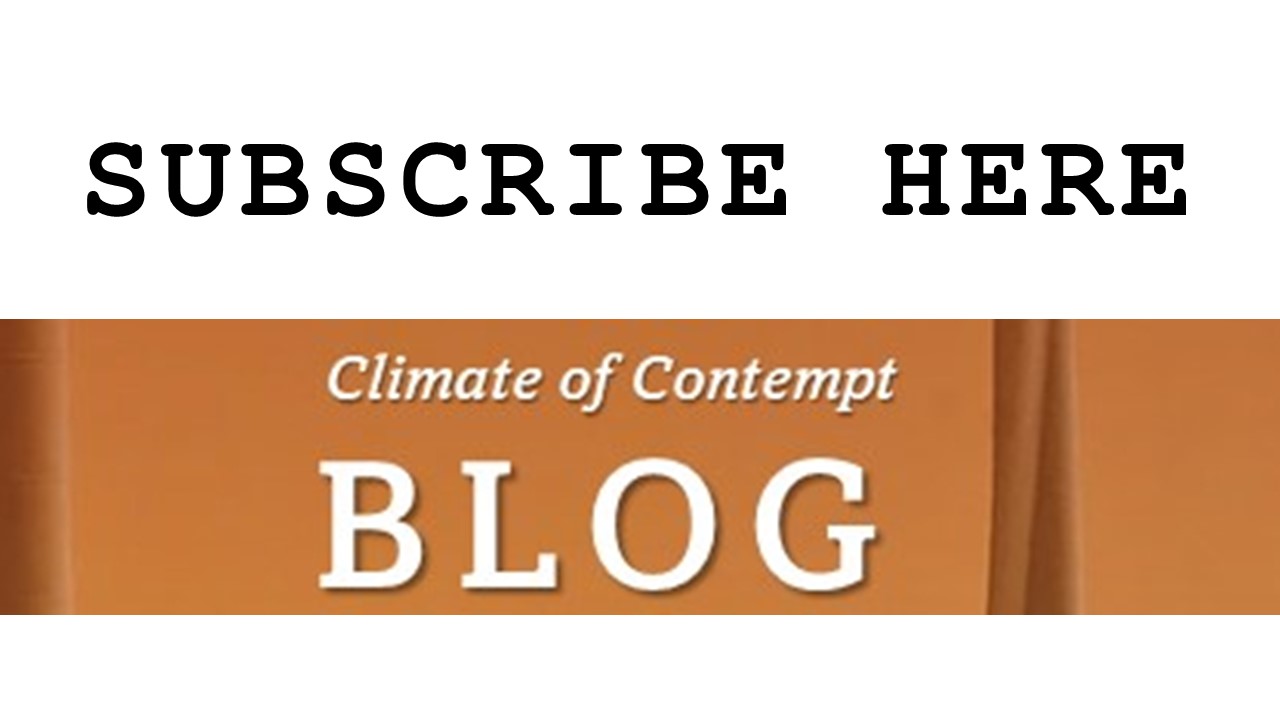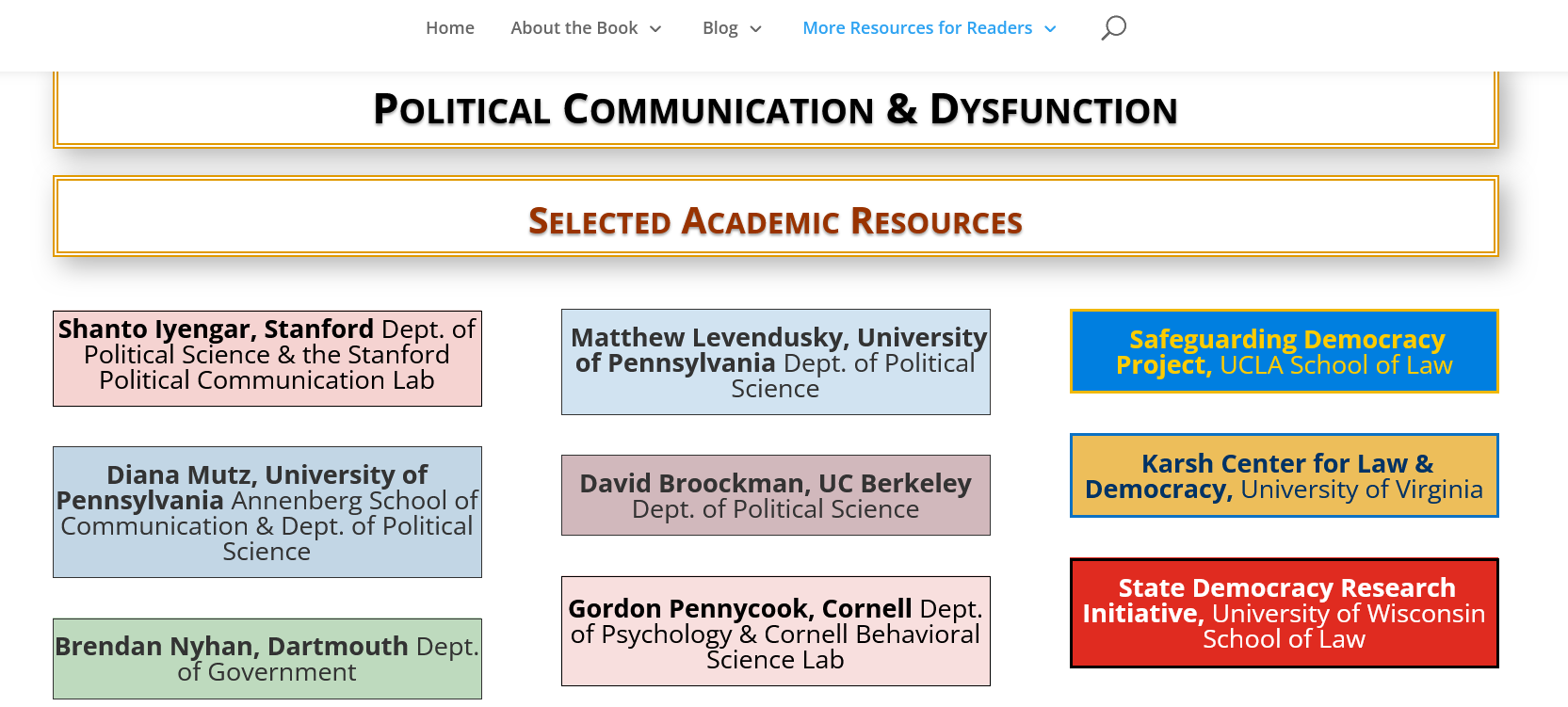Ideological and social media push us to picture our political adversaries as cartoon villains. Censored news + censored online communities = mistaken certainty. But if we understand what is happening, perhaps we can break this vicious cycle.
Still, that is not easy to do, for two reasons. First, some members of the opposing group are bad actors. Many Republicans and conservatives recognize Donald Trump and his most irresponsible appointees for the dangerously incompetent and immoral leaders they are; but elected Republicans don’t stand up to Trump because they risk their jobs when they do so. Nevertheless, the cartoonish villainy of some public figures does not imply that all (or even most) Republicans are cartoon villains.
The second reason why it is so easy to demonize other groups is that we humans are wired to do so. For millennia philosophers have discussed the instinct to fear and demonize “the other.” The Roman stoic Seneca wrote that “we suffer more in imagination than in reality,” adding:
The mind at times fashions for itself false shapes of evil …; it twists into the worst construction some word of doubtful meaning; or it fancies some personal grudge to be more serious than it really is, considering not how angry the enemy is, but to what lengths he may go if he is angry.[i]
Among the other thinkers who understood this bias were the framers of the U.S Constitution.[ii] Today we recognize it in something called “Hanlon’s Razor“ — the admonition not to ascribe to malice that which is explainable by stupidity or inadvertent error.
Hanlon’s Razor is sensible advice when we lack information about the cause of an event. As explained in chapter 4 of Climate of Contempt, ideological and social media make sure we hear about the other side’s worst behavior, and we are constantly invited — lobbied — to think of those bad actors as representative of the opposing group. And modern empirical research confirms what Seneca observed; we do tend to mistakenly ascribe evil intent where there is none (see e.g., here and here).
A Rigged System?
Because the Internet amplifies and speeds up these mistaken inferences, they are feeding a deep cynicism about who controls the policymaking process. We see it particularly at the ideological poles, where people who seek revolutionary change are frustrated when policy change falls short of their goals. They then attribute that disappointment to corrupt influences: right wing populists blame liberal coastal elites and George Soros, while left wing populists blame banks and corporations and different billionaires.
But we also see cynicism growing among the politically disaffected across the ideological spectrum. Social media keeps us dissatisfied, and dissatisfaction breeds cynicism. That is partly why polling suggests that candidates do better when they embrace populist narratives that condemn elites. And politicians feed these narratives by blaming corruption or unfairness when they lose a policy fight or an election.
Today’s historic economic inequality and passive government is fertile ground for breeding cynicism. When we see tech billionaires seeking favorable regulatory treatment by sucking up to the president, it makes it easier for people to succumb to the cui bono fallacy, the inference that whoever benefits from a policy decision must have caused it. This type of cynicism about policymaking is so widely shared that many people consider it absurd or naïve to challenge it. But it oversimplifies a more complicated and qualified reality.
Appreciating Pluralism & Complexity
Corporations and the rich have resources that others lack, and use them to gain access to politicians. It seems reasonable to infer that all else equal, those advantages can tip policy decisions in their favor. But all else is rarely equal. The policymaking process is chaotic and complex, often featuring powerful actors on both sides of policy fight. Empirical research suggests that no one set of actors controls the process, and that corporations and the well-heeled often lose policy fights despite their resource advantages. One need look no further than the last presidential campaign to see that better-financed campaigns can fail.[iii]
In his recent barnstorming tour of the U.S., Senator Bernie Sanders argues that both parties are “essentially corrupt.” Tellingly, he doesn’t name the politicians he sees as corrupt; instead, he cites the efforts of billionaires like Elon Musk to threaten members of Congress with primary challenges if they vote contrary to the billionaire’s interest. As readers of this blog know, the threat of a primary challenge is indeed a powerful incentive influencing politicians. But it is a credible threat only if it is consistent with the likely preferences of primary voters. Elon Musk has promised to “primary” Republicans who voted for the One Big Beautiful Bill. But that threat means nothing if most GOP primary voters support that bill (as they may well do).
University of Wisconsin political scientist Susan Yackee has documented our tendency to infer “capture” of the policy process by the other side’s elites whenever we lose policy fights. But often the outcome is based on more mundane factors. In particular, we under-appreciate how much politicians worry a lot about what voters think, especially primary voters. That dynamic affects both parties, and disadvantages the moderate center.
Sometimes, what looks like influence peddling can also be explained by ideological differences. For more than four decades conservative jurists and antitrust enforcers have favored a hand-off approach to monopolies based on the idea that market forces will punish abuses of monopoly power. Many conservative jurists and regulators sincerely believe it to be the most socially beneficial approach. When regulators side with monopolies, it looks like corruption to some and good policy to others.
Pluralism — economic, ideological, religious, regional, ethnic and cultural pluralism — is baked into American democracy. We Democrats have to engage the voters who hold opposing views if we want to win policy fights. The sooner we accept that challenge, and that voter persuasion is the key to progress, the sooner that progress can be realized. – David Spence
—————————
[i] In his Thirteenth Letter (on groundless fears), Seneca wrote “There are more things … likely to frighten us than there are to crush us; we suffer more often in imagination than in reality.”
[ii] We can understand Federalist No. 10 as an argument that this human instinct is unavoidable, requiring the creation of a policymaking process that facilitates allows opposing animosities to check one another, and for slower deliberation to guide policy choice.
[iii] The Harris campaign outraised the Trump campaign more than 2:1, and raised more so-called “dark money” as well. In the energy policy realm, the American Legislative Exchange Council’s well-funded effort to roll back state clean energy standards was an abject failure. And both the Koch network and billionaire Sheldon Adelson have funded a long list of failed candidates and policy campaigns.





